|
Since 2012, Myanmar has made extraordinary gains against malaria. The confirmed number of malaria cases declined by 85% between 2012 and 2018, and the reported number of deaths by 95%. In 2018, only 19 deaths in Myanmar were officially attributed to malaria (1). However, the continued presence of malaria in remote and under-served communities, and the emergence of Myanmar as a hotspot of multidrug resistance, mean that we must guard against complacency. With support from the Access to Health Fund, Community Partners International (CPI) is working closely with community partners and other stakeholders to eliminate pockets of multidrug-resistant malaria through mobile mass screening in 10 prioritized townships in Kayin and Mon States in southeastern Myanmar, as part of an integrated package of health services. CPI has been engaged in malaria treatment and prevention activities in southeastern Myanmar for more than two decades. Prior to 2011, active conflict and chronic underinvestment in health services severely limited the ability of health providers operating in these communities to make gains against malaria. With the political transition and a peace process that began in 2011, greater stability has expanded operating space in contested areas southeastern Myanmar. Between 2013 and 2018, through malaria elimination projects supported by the Three Millennium Development Goal (3MDG) Fund and the Global Fund, CPI and partners conducted more than 400,000 malaria rapid diagnostic tests in southeastern Myanmar, identifying nearly 17,000 malaria cases. These efforts contributed to major gains in malaria elimination, with the number of cases detected as a percentage of the number of tests conducted falling tenfold in project areas during this period. With malaria in retreat, the strategy began to change. In 2017, CPI and partners began focusing specifically on the most remote communities and seasonal migrant sites that were harder to reach and where malaria, and multidrug resistance, persisted. CPI supported partners to set up mobile teams that could regularly travel to these communities and carry out mass screening. Mass screening is a technique recommended as part of a wider suite of transmission-reduction tools by the World Health Organization (WHO) in situations where multidrug resistance has been confirmed (2). During mass screening, large numbers of people in high malaria burden communities are regularly screened for malaria regardless of malaria signs and symptoms. Those who test positive are then referred immediately for treatment. In 2017 and 2018, these mobile mass screening activities were carried out under CPI’s Community Leaders Eliminating Artemisinin Resistance (CLEAR) Project supported by 3MDG, which transitioned in 2019 to the Better Health Together Project supported by the Access to Health Fund in 2019. Since January 2019, under the Better Health Together Project, CPI has been supporting five ethnic and community-based organizations (the Back Pack Health Worker Team (BPHWT), the Burma Medical Association (BMA), the Karen Department of Health and Welfare (KDHW), the Mon National Health Committee (MNHC), and the Yoma Social and Development Association (YSDA)) to operate a network of mobile health teams who are helping to eliminate malaria. These teams carry out regular mass screening for malaria in 10 prioritized townships in Kayin and Mon States as part of a basic essential package of health services. In 2019, they conducted mobile screening visits to 106 villages and tested 16,075 people. A total of 59 cases of malaria were identified and referred for treatment. In total, since the mobile mass screening approach was initiated in 2017, these teams have screened 62,000 people and identified 205 malaria cases. The mobile teams focus particularly on safeguarding children in these communities against malaria. Testing stations are typically set up in community schools in order to ensure comprehensive testing coverage of schoolchildren.
These mobile mass screening activities are continuing in 2020 with a recent visit by the joint visit by YSDA and CPI to the village of Kot Htay in Hpa-An Township, Kayin State. During this visit, the health workers screened 140 of the 519 villagers using rapid diagnostic tests and identified no positive cases. The team also conducted awareness sessions with villagers covering malaria, tuberculosis and nutrition. Looking ahead, the Better Health Together Project will continue to focus on active case detection through mass screening with a focus on hard-to-reach communities and migrant worker sites during 2020. In partnership with ethnic and community-based health organizations, CPI will conduct malaria case investigations and case notifications in selected townships together with State and Township Health Departments. These activities will help to push towards the goal of a malaria-free Myanmar by 2030. (1) World malaria report 2019. Geneva: World Health Organization; 2019. Licence: CC BY-NC-SA 3.0 IGO. (2) Global plan for artemisinin resistance containment (GPARC). Geneva: World Health Organization; 2011. Community Partners International's Better Health Together Project in Myanmar is supported by the Access to Health Fund. Comments are closed.
|
AuthorCPI Admin Archives
July 2024
Categories
All
|
|
|
COMMUNITY PARTNERS INTERNATIONAL
580 California St Fl 16, Ste 1658, San Francisco, CA 94104-1068, USA [email protected] +1 510 225 9676 We are a registered nonprofit 501(c)(3) Public Charity. TAX ID 94-3375666 |
©
Community Partners International

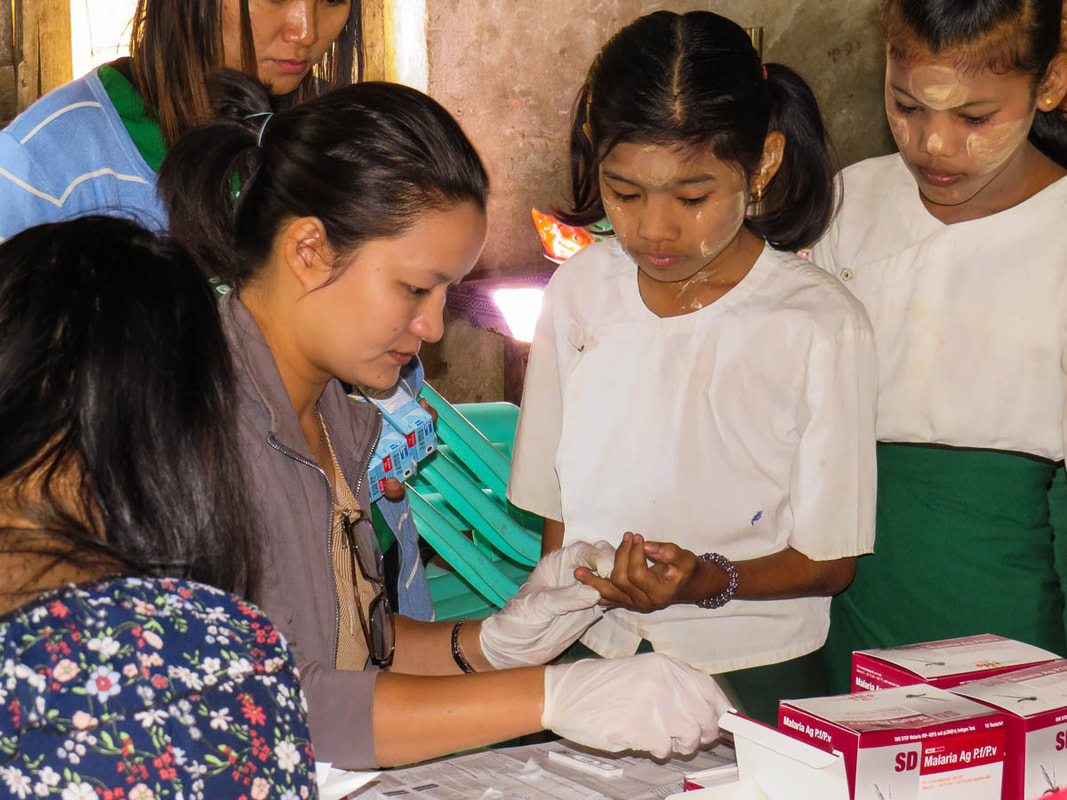
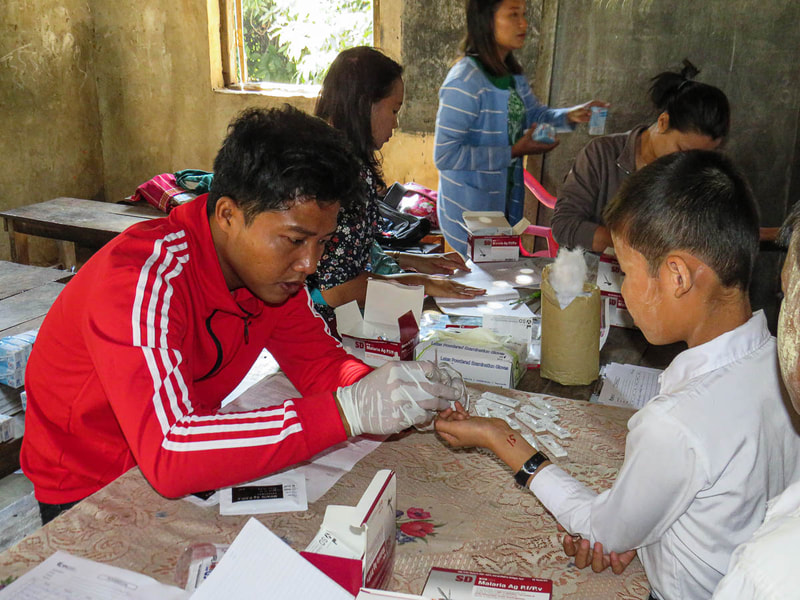
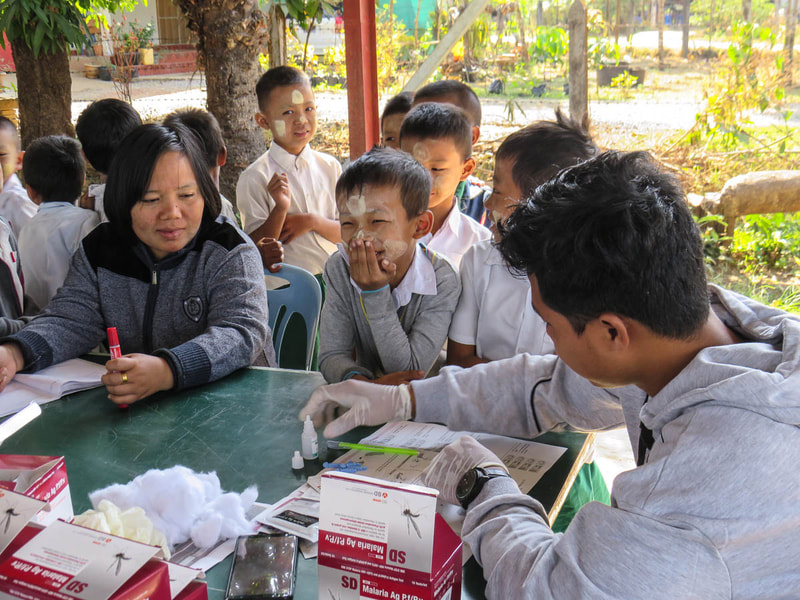
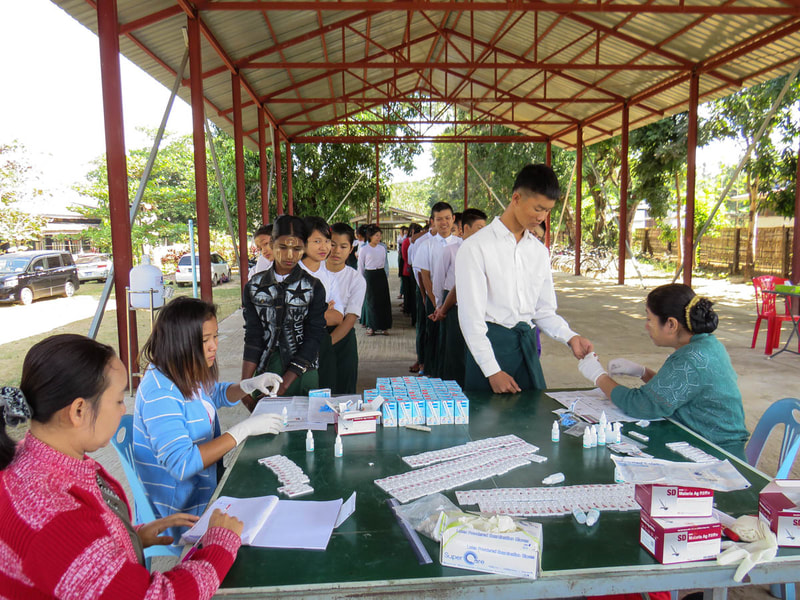
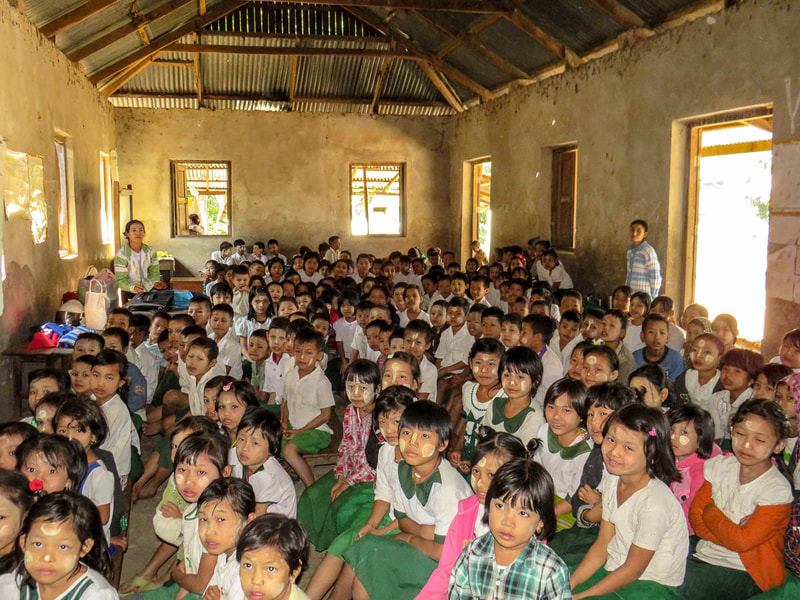
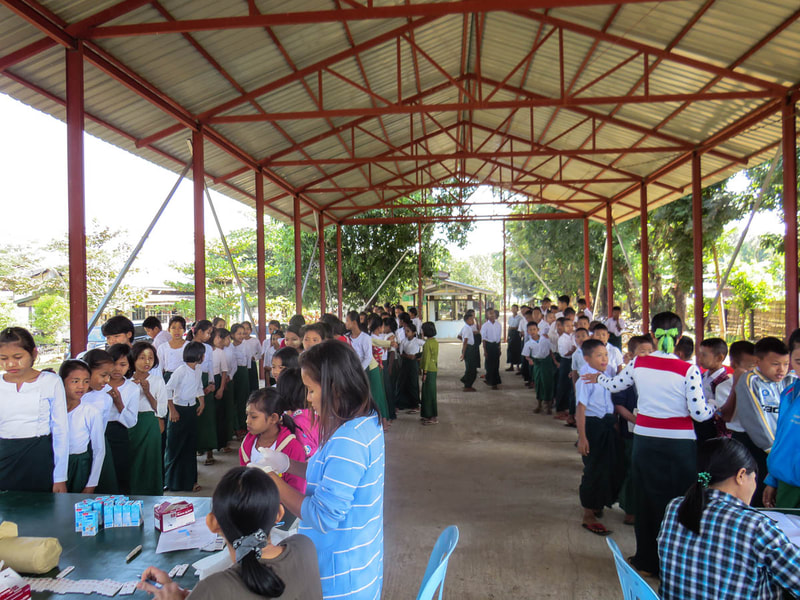
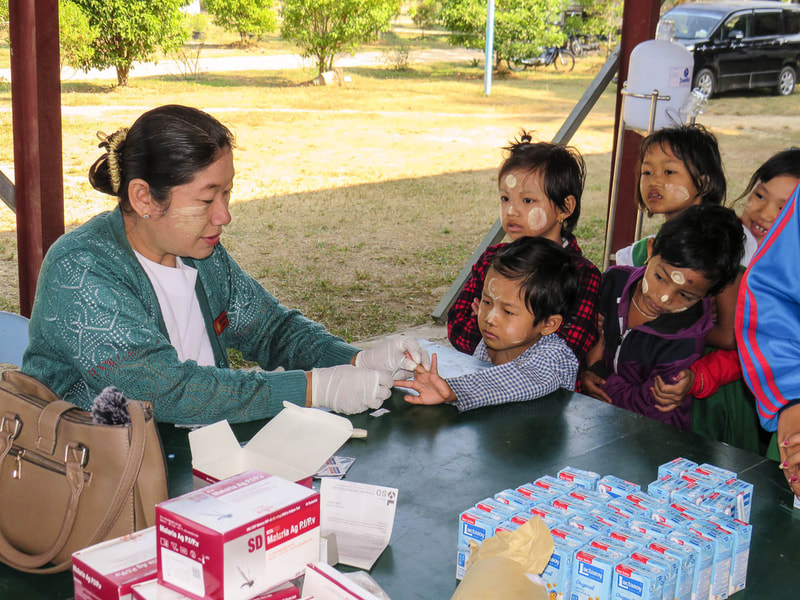
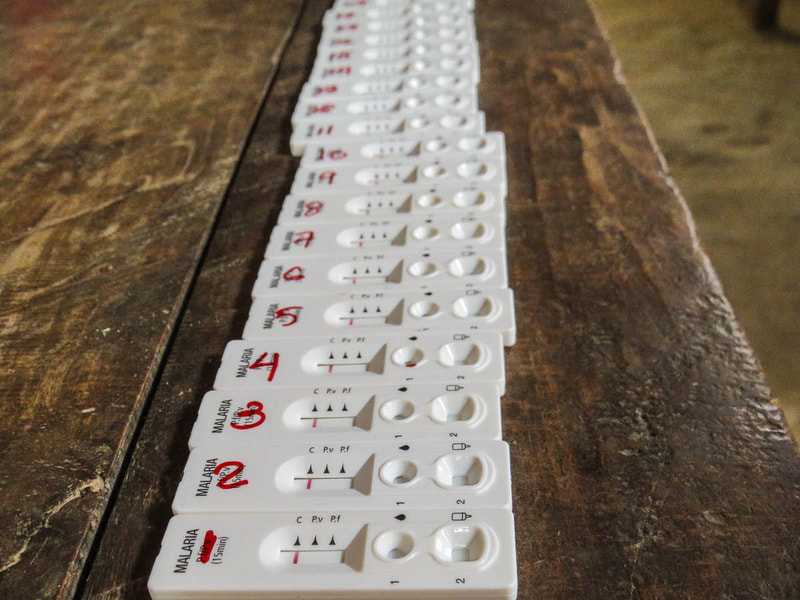
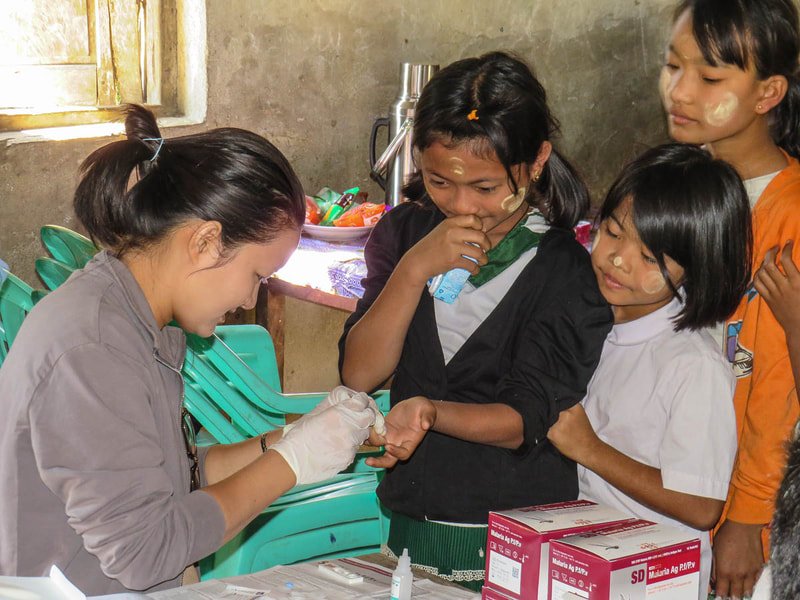
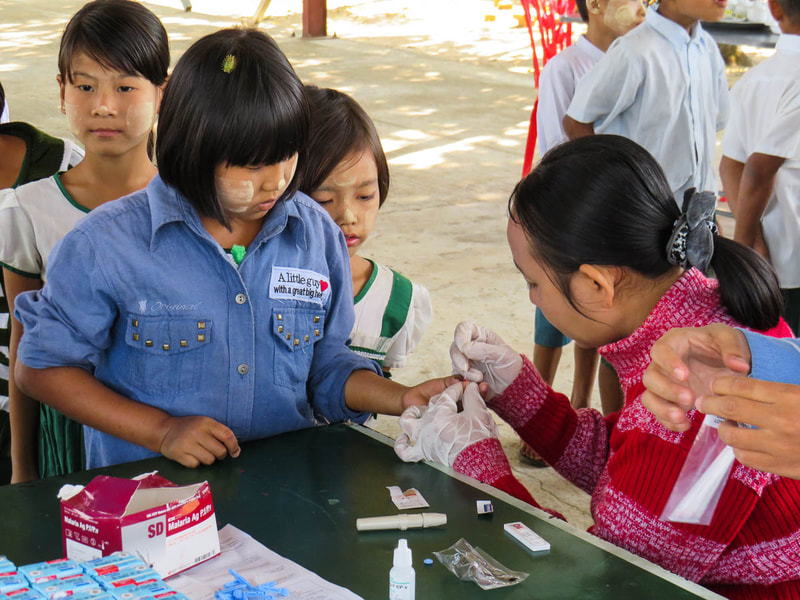
 RSS Feed
RSS Feed
